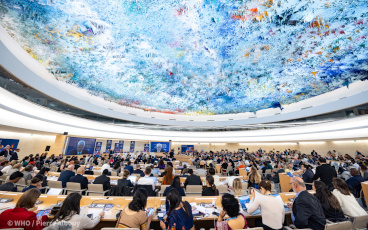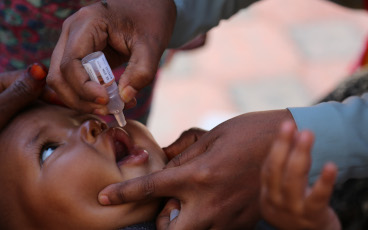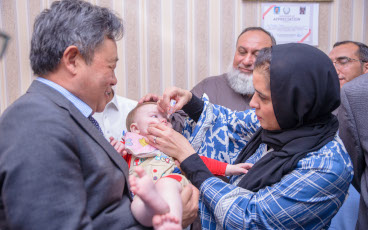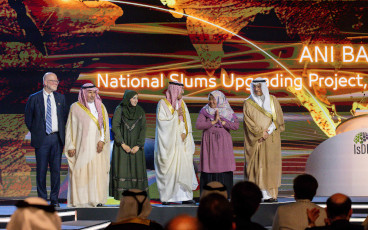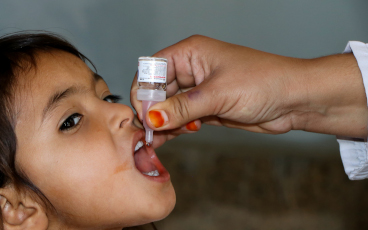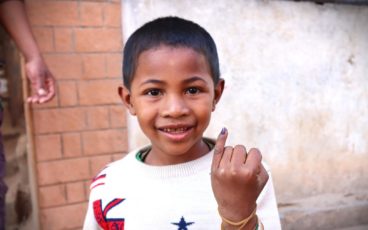Global leaders throw political support behind polio eradication and transition
Health Ministers of the Group of Twenty have emphasized the importance of polio eradication and transition planning efforts at their inaugural meeting in Berlin, Germany
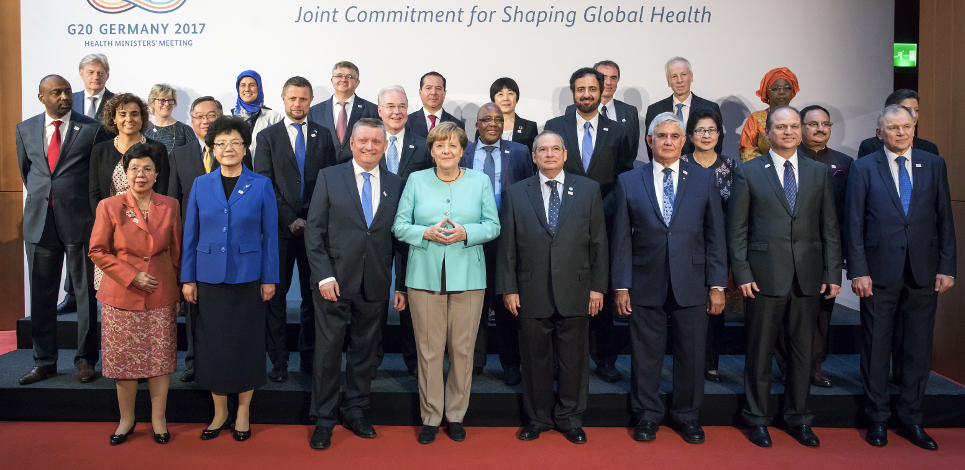
20 May 2017, Berlin, Germany – The first-ever G20 Health Ministers’ meeting has issued a declaration on global health, including recognition of the historic opportunity that exists to contribute to global polio eradication, and the important role played by polio-funded assets in achieving broader health goals. The declaration also called for the timely and effective application of these assets to other programmes once eradication is achieved, to help countries maintain their ability to meet their obligations under the International Health Regulations (2005).
This is the first time that public health has been included on the G20 agenda, in recognition that health security contributes to socio-economic stability and sustainable development. The inclusion of polio in the inaugural Health Ministers’ declaration is symbolic of the global effort to stop polio and how close we are to achieving our historic goal, as well as the contribution the programme makes towards many other areas of public health.
This declaration comes ahead of discussions on the status of global polio eradication efforts, and polio transition planning at the World Health Assembly later in the month.
The G20’s acknowledgement of polio eradication and transition planning efforts comes off the back of sustained political commitment and financial support from the governments of the three remaining polio-endemic countries – Nigeria, Afghanistan and Pakistan – as well as the long-term commitment and support of G20 members Australia, Canada, the European Union, France, Germany, India, Indonesia, Japan, Republic of Korea, Russia, Kingdom of Saudi Arabia, Turkey, the United Kingdom, and the United States of America.
G7 leaders meet later this month in Italy. In 2016, in continuation of the G7 Ise-Shima Summit, the Ministers of Health and high representatives of the G7 “reaffirmed [their] commitment to achieve polio eradication… and recognize the significant contribution that the polio-related assets, resources and infrastructure will have on strengthening health systems and advancing universal health coverage.”


